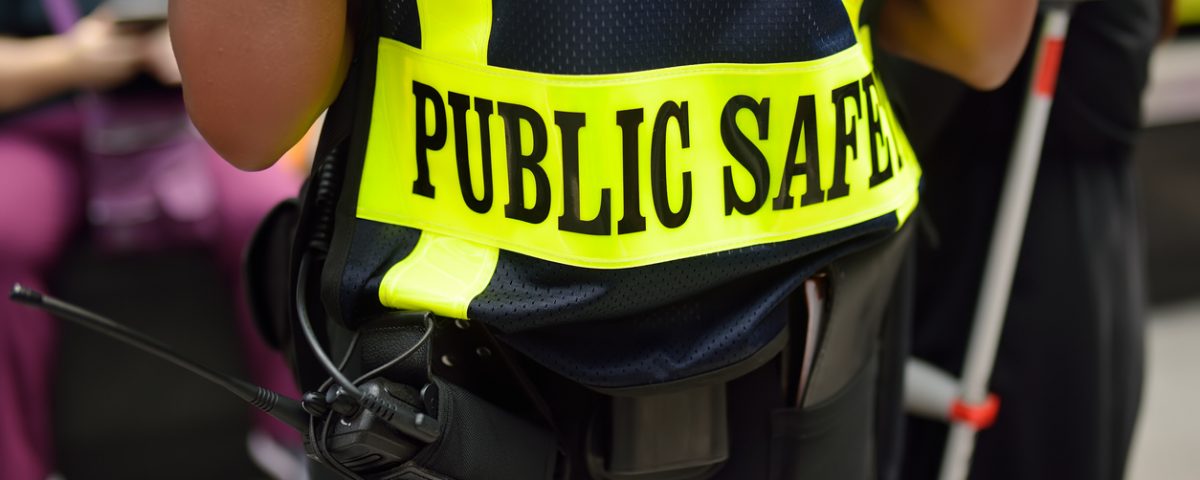Tips for Developing a Public Safety Policy

What Do Charter Schools Look Like Post Covid?
February 22, 2022
Protecting Schools from Wrongful Acts Claims
March 15, 2022Tips for Developing a Public Safety Policy
Police officers are at the forefront of public safety. Whether they’re responding to an accident or performing a wellness check, these professionals are an asset to their communities. Effectively maintaining public safety requires more than just intuition, though. Law enforcement practices should always be based on a clear and documented public safety plan. How should a department develop this plan, though — and what should the plan include? Check out the following pointers for more information every precinct should know about developing and implementing a public safety policy.
Define the Policy’s Purpose
The first step in developing a public safety policy is identifying the issue at hand. Is the policy intended to minimize the harmful effects of drug abuse in the community? Is it designed to outline new standards for responding to mental health emergencies? Unique public safety situations like these require clear and effective policies that are rooted in evidence and beneficial to civilians. To create such a policy, then, the problem — as well as the proposed solution — must be clearly identified and defined.
Identify Leadership Personnel
Once a problem has been identified, a designated team of leaders should be tasked with its management. Different law enforcement officers have different strengths, and this is an opportunity to match each member of a team to a problem they are uniquely equipped to solve. An officer with a background in psychology, for example, might be skilled in responding to mental health calls. A public safety plan should clearly identify the personnel responsible for drafting and executing the policy.
Enact a Policy Implementation
The leadership team who’s attached to a specific policy should then be tasked with drafting its contents and rolling out its implementation. This process should involve review from senior members of the precinct, feedback regarding the logistics of implementation, and final approval by the precinct’s sergeant. When the policy is ready for execution, the team should follow standard guidelines for putting a new program into practice. The team should also be sure to communicate the policy’s guidelines to all personnel who may be affected by it.
Amend Policy as Needed
Adaptability is the key to ensuring a policy is effective. A good policy outline specific procedures and eliminates ambiguity — but that doesn’t mean it should be static if and when changes become necessary. On the contrary, a police force should always be ready to amend public safety policies when it becomes clear that a change would benefit the community. These changes should always be justified by research or field experience, and the amendment should be subject to the same process of approval that the original policy went through. Remember that policies are for people just as much as they are for the police.
About PGUI
Professional Governmental Underwriters, LLC., is a full-service risk management company dedicated to assisting public, educational and non-profit entities in the management of their professional liability exposures including educators liability insurance. We are dedicated to providing state-of-the-art professional underwriting management and loss control advisory services on behalf of our designated carriers. For more information, call us toll-free at (800) 586-6502.


